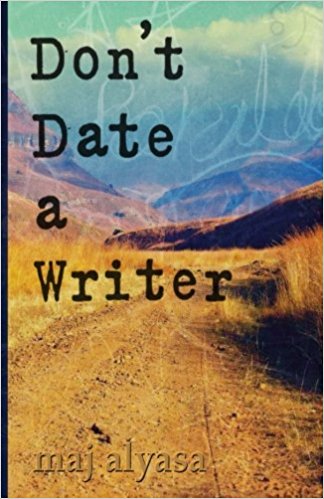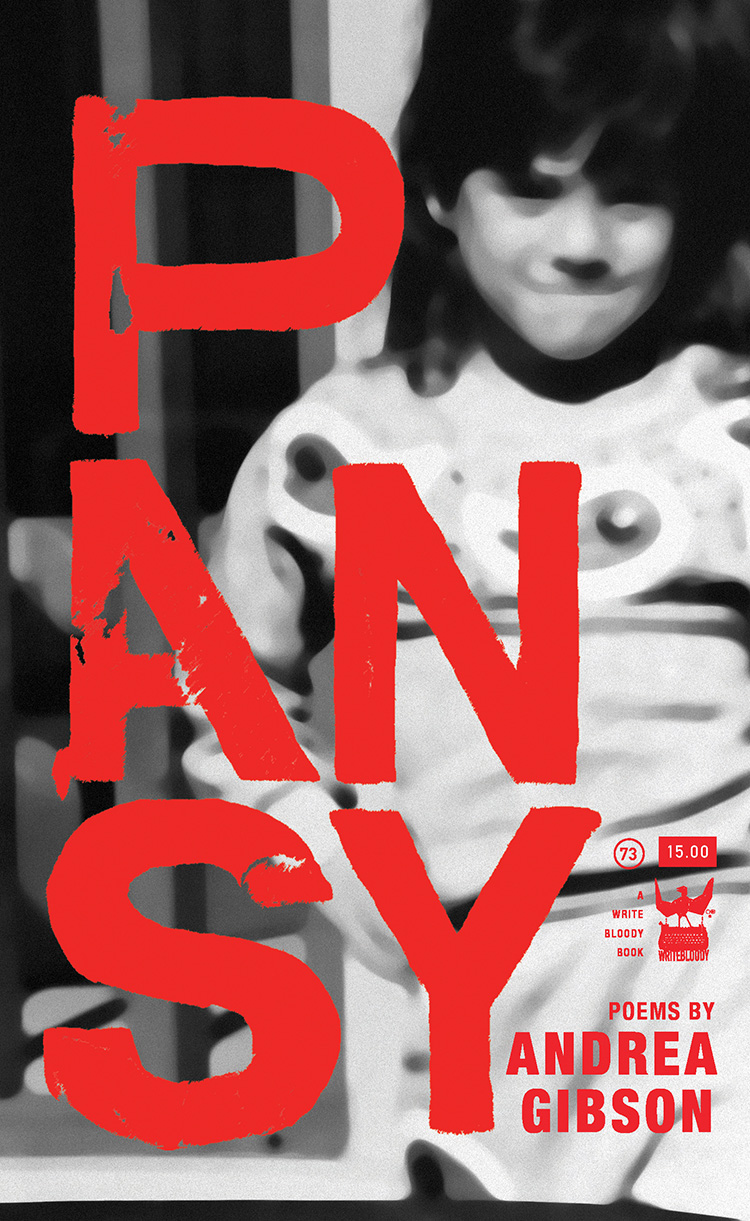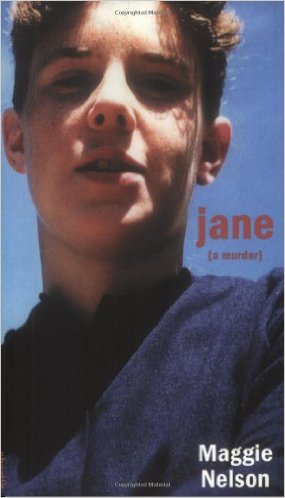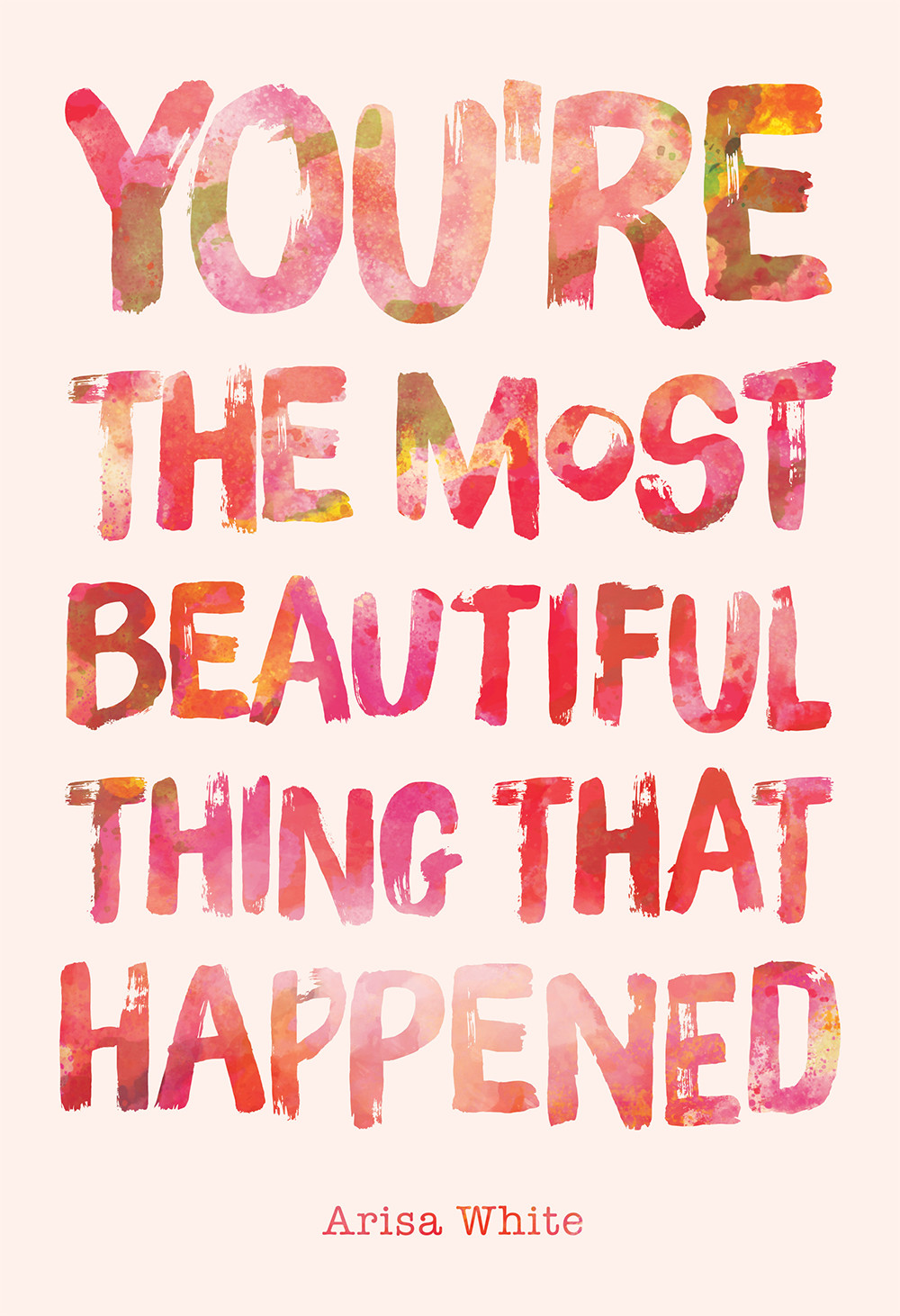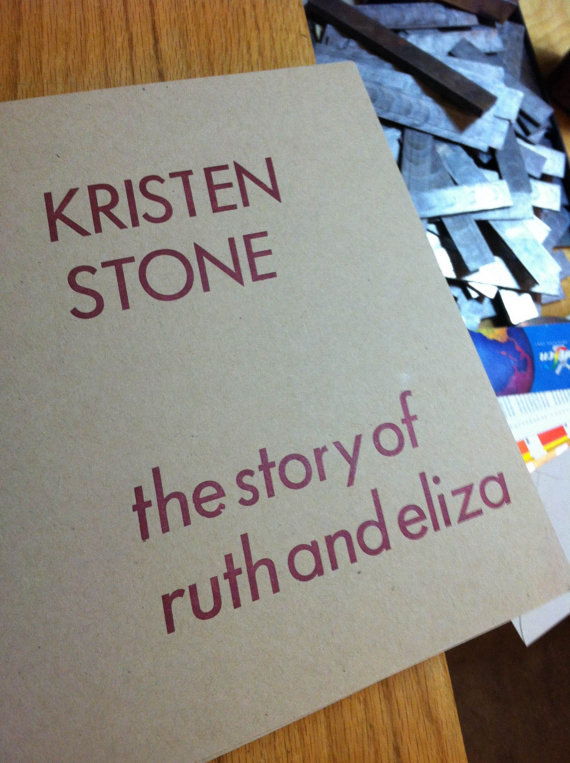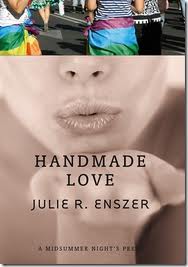Inspired by a summer spent swirling between Germany, Spain, and Iowa City, Iowa, poet Maj al-Yasa explores the vagaries of love. This poetry collection is organized as a journey in four parts: Unrequited Love (I don’t understand); Requited Love (why you loved me once); Loss (and then let me go.); Vices (Asshole). Or, read moreRead More
Kalyanii reviews Pansy by Andrea Gibson
There are literary influences whose work has a way of taking us back to a time when we were enlivened, emboldened and perpetually inspired. Then, there are those who nudge—or rather kick—our ass forward, encouraging us to seize the opportunity to wake up, give back and believe in something greater than that for whichRead More
Bessie reviews The Red Parts and Jane by Maggie Nelson
Nelson is a wonderful writer, whose memoir/queer theory explosion The Argonauts was probably the best book I read last year. It got me interested in checking out some of her earlier work, The Red Parts and Jane, which are very different from The Argonauts, and from each other, but both exceptional books. I wasn’t sureRead More
Julie Thompson reviews You're The Most Beautiful Thing That Happened by Arisa White
Arisa White’s newest poetry collection, You’re the Most Beautiful Thing That Happened, plumbs the depths of what it means to exist in the world as queer, female, a person of color, and beyond. She undresses a multitude of topics, including race, family, and relationships. The collection offers tender, tumultuous, and light moments. In the introduction,Read More
Danika reviews Bodymap by Leah Lakshmi Piepzna-Samarasinha
I don’t typically read poetry, and this was a collection that made me realize what a mistake that is. Bodymap is about Piepzna-Samarasinha’s life as a queer disabled femme of colour. It’s political, but it’s politics rooted in everyday experiences of injustice and survival, not abstract theorizing. Although her poetry experiments with style, they all are accessible andRead More
Danika reviews Where the Words End and My Body Begins by Amber Dawn
Where the Words End and My Body Begins is a collection of glosa poems, which means, in part, that each poem incorporates four sequential lines from another poem. What makes this collection especially interesting is Amber Dawn’s selections: each poet glossed “find[s] themselves somewhere along the queer, gender-creative, feminism and/or survivor spectrum.” Although each poetRead More
Elinor reviews Bodymap by Leah Lakshmi Piepzna-Samarasinha
I loved poetry as a teenager, but post-college I’ve hardly read any. As an adult, I read novels largely for escape and relaxation, and nonfiction for information and/or work and grad school. Poetry is a different animal, grounded in emotional truths, ideals, and sensations. It’s not something I make time for much anymore, but IRead More
Danika reviews The Story of Ruth and Eliza // self/help/work/book by Kristen Stone
The Story of Ruth and Eliza // self/help/work/book by Kristen Stone is a double-sided chapbook, with one side being the novella The Story of Ruth and Eliza and the other side the poem self/help/work/book. The poem is eight pages and has to do with abusive relationships. It’s fragmented, and it’s unclear which segments are connected, but theyRead More
Danika reviews Handmade Love by Julie R. Enszer
Back in January, I read another collection of Julie R. Enszer’s poetry: Sisterhood. I found that little poetry book so powerful that I was eager to pick up another collection of Enszer’s work. Unfortunately, I didn’t enjoy it as much. Sisterhood had several poems (one especially) that hit me so hard that I re-read them over and over,Read More
Danika reviews This Is What Happened In Our Other Life by Achy Obejas
Almost all of my poetry reviews begin the same way: with me expressing that I don’t know how to review poetry. With that in mind, I’m going to keep this review pretty brief, because I don’t think I have much to add to the conversation. As a personal preference, I usually enjoy poetry thatRead More
